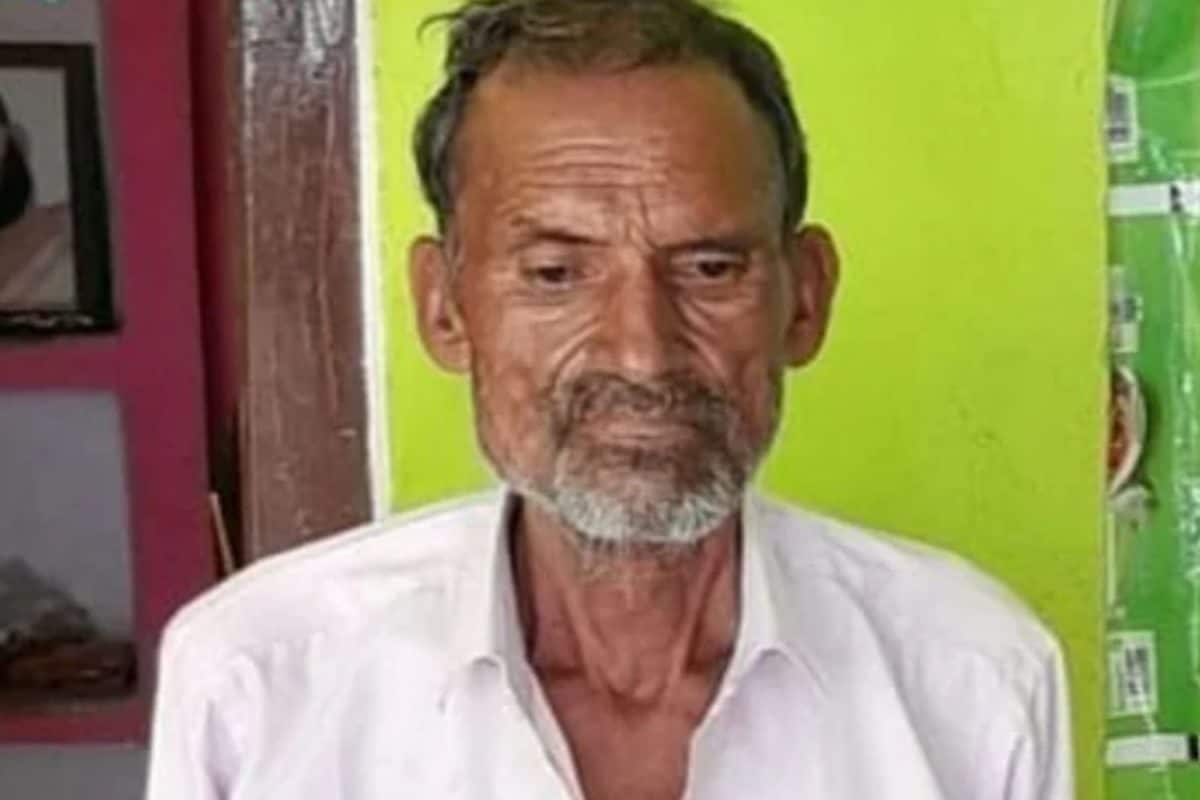

In a bizarre turn of events, a man from Uttar Pradesh (UP), India, found himself entangled in a legal battle that spanned 17 years, all due to a spelling error. The incident highlights the potential for seemingly minor mistakes to have profound and devastating consequences on an individual's life.
The man's ordeal began with an arrest based on mistakenly identifying him as someone else. A typographical error in official records led authorities to believe he was a wanted criminal. Despite his repeated assertions of innocence, the legal system failed to recognize the error, and he was incarcerated.
For nearly two decades, he fought to clear his name, navigating the complexities of the Indian legal system. The case dragged on, marked by delayed hearings, bureaucratic hurdles, and a general lack of attention to the glaring discrepancy in his identity.
The consequences of this wrongful imprisonment were immense. He lost his freedom, his livelihood, and precious time with his family. The social stigma associated with being labeled a criminal further isolated him from his community. The mental and emotional toll of the ordeal is unimaginable, as he was forced to live with the constant injustice and uncertainty.
Eventually, after a grueling legal battle, the truth prevailed. The spelling error was finally acknowledged, and he was released from custody. However, the years lost could never be recovered. His story serves as a stark reminder of the fallibility of systems and the importance of due diligence in law enforcement.
This incident raises serious questions about the accountability and oversight within the criminal justice system. How could a simple mistake lead to such a prolonged and unjust incarceration? What measures can be implemented to prevent similar errors from occurring in the future? There is a need for systemic reforms to ensure that such errors are identified and rectified promptly, and that those responsible are held accountable. This could include implementing stricter verification processes, providing better training for law enforcement personnel, and establishing independent oversight mechanisms to review cases of potential wrongful conviction.
The man's case is not an isolated incident. Stories of individuals wrongly accused and imprisoned are unfortunately common in India, where systemic issues such as police misconduct, corruption, and a lack of resources often contribute to miscarriages of justice. While the specific details may vary, these cases share a common thread: the human cost of systemic failures. These cases also highlight the urgent need for legal aid and support for those who cannot afford it. Access to competent legal representation is crucial for ensuring a fair trial and protecting the rights of the accused.
While he has regained his freedom, the scars of this experience will likely remain with him for life. His story is a call for systemic reforms to prevent similar injustices from happening to others.